Photo: Pexels
Every parent knows the struggle that comes with having kids who are feeling stir-crazy from being stuck inside. It seems like a natural solution to many families to find online activities that will not only entertain their little ones, but also educate them. When you have a child with a sensory-processing disorder like autism, however, getting online can be a tricky situation. Many websites are filled with bold colors, loud sounds, and overstimulating graphics that can trigger anxiety in children with sensory sensitivities, so it’s important to carefully choose the websites you allow your child to visit.
There is good news: there are several fun, educational, and sensory-friendly online destinations for children with autism spectrum disorder (ASD) to enjoy, and we’ve put together a list of some of the highest-rated options. Whether you’re hoping to boost your child’s education or help her learn more about critical social skills, these websites are here to help.
While this isn’t an exhaustive list of all of the available online education platforms, we have verified these have standard formats or format options that are sensory-friendly, so they won’t overwhelm children who are sensitive to light, sound, bright colors, or other stressors. Of course, you know your child better than anyone, so for any of the following resources you’re interested in using, be sure to do a test run before handing them off to your little one to help ensure they’re a good fit.
Educational Lesson Plans
Online lesson plans, games, and other activities that focus on core curriculum are beneficial for kids of all abilities, but they can be especially helpful for children with autism who have difficulties in a traditional classroom setting. Many of the following resources are designed for full-time homeschooled children, but they can be worthwhile activities even for kids who need something to do on the weekend or over the summer when school is out. Some of these are free, and others require a paid membership.
- 826 Digital – These lessons are meant to inspire a love of writing on a variety of core learning topics using downloadable files with straightforward graphics that won’t overstimulate sensory-sensitive kids.
- Bedtime Math – Filled with math activities parents and children can work on together, this website uses simple graphics, photos, and text that won’t overwhelm children with sensory-processing disorders.
- CK-12 – Explore an array of subjects for all grade levels. With lessons ranging from video instruction to simple text with pictures, there are options available for students of all abilities.
- Discovery K12 – With its simple design, the content on this website should be sensory-friendly for most children.
- Funbrain – Children who feel overwhelmed by video and sound can still enjoy reading digital books using this website’s “reading” section, which offers text and sensory-friendly illustrations.
- Khan Academy – This website is renowned for its video-based learning for children and adults of all ages. It has a giant library of content, ranging from color- and music-filled videos to basic demonstrations with narration, so there are options to suit every learner’s needs.
- Scholastic Learn at Home – The beloved children’s book and magazine publisher provides a range of activities for students in Pre-K through 9th grade in a variety of formats.
- Smithsonian Learning Lab – Kids can learn a variety of subjects and choose from lessons that use images, videos, and plain text, depending on their sensory needs.
- Starfall – This website is filled with interactive games and activities for Pre-K and K – 3 students that might be a little visually intense for children on the autism spectrum. However, the program’s Talking Library reads books out loud using simple pictures that should be sensory-friendly to most little ones.
- Storyline Online – This website features videos of hundreds of actors reading children’s books for Pre-K- and elementary school-aged children. Images from the book play along as a slideshow in the background, but if that’s too overstimulating for your child, she can listen to the story while reading along with her own copy.

Photo: Pexels
Life Skills Resources
Children with autism often have difficulties with social skills. While many families work with therapists to help build on these abilities, there are also several online resources that provide help in sensory-friendly ways. We recommend using one or more of these web-based sources to help your child build these important life skills.
- 101 Sensory Activities for Kids with Autism – Sensory activities can help your child develop a wealth of physical and emotional skills. This list has over a hundred ideas for parents to choose from based on their child’s needs.
- Breathe, Think, Do! – The creators of Sesame Street created this activity to help children learn to identify and cope with their intense feelings, which can be especially helpful for little ones with autism who are prone to meltdowns.
- CoughDrop – This app is a helpful tool for non-verbal children and for those with limited communication skills, including those in speech therapy programs. Using simple images, it helps build word associations, giving kids an immediate way to communicate with others. According to the company, some families even report increased speech thanks to the app.
- Daniel Tiger’s Grr-ific Feelings – This app from PBS Kids is designed to help children learn how to identify and communicate their feelings. Note that children who are sensitive to sound, color, and video may find some of the features too stimulating.
- Eye Contact – With some practice, implementing the strategy outlined in this resource can help your little one better understand how to make eye contact and respond to her name.
- Handwriting Without Tears – Writing can be a physically-difficult task for those with ASD. This multisensory approach is a renowned program for helping kids develop both handwriting and gross motor skills.
- Homeschooling Your Child with Autism – This resource offers practical advice and strategies for parents who are homeschooling children with autism, including socialization opportunities and how to create a daily routine.
- How to Create the Perfect Calm-Down Corner – Especially for young children, having a safe space to work through difficult emotions can be extremely beneficial. This guide explains how to set up a calm-down corner where your child can settle after upsetting situations.
- Red Stoplight Personal Space Game – This activity is meant to be used in a classroom, but it can be done at home with parents and siblings to help children with autism learn about respecting personal space.
- Toilet Training and Autism – This resource can help families find success with teaching potty training to children with ASD.
Other Helpful Online Resources
In addition to the specific programs and tools above, the following websites offer exceptional content on a variety of topics for families with a member who has autism. In general, each of these sites provides its material in a sensory-friendly way to accommodate online visitors with ASD, so parents and children can enjoy them together.
- Association for Science in Autism Treatment (ASAT)
- Autism NOW: The National Autism Resource and Information Center
- Autism Research Institute (ARI)
- Autism Society of America (ASA)
- Autism Speaks
- Autism Wandering Awareness Alerts Response and Education (AWAARE) Collaboration
- Disability Scoop
- Friendship Circle
- Interactive Autism Network (IAN)
- National Autism Center at May Institute
- Operation Autism: A Resource Guide for Military Families
- Sesame Street and Autism
- Simons Foundation Autism Research Initiative (SFARI)
Many parents want to make the most of their children’s screen time by having them focus on educational content. Thanks to the resources above, kids with autism can get in on the fun while learning about core educational concepts, the world around them, and themselves.
